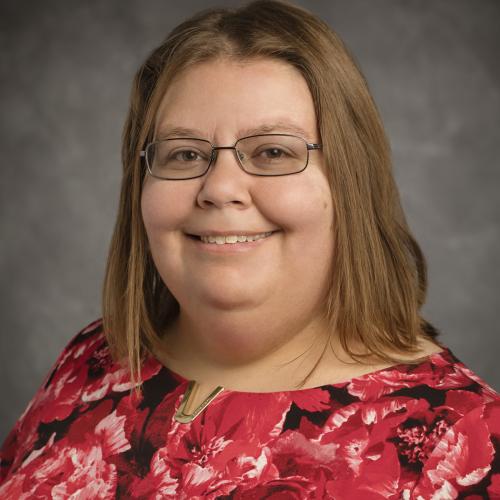Assistant Professor Jodi Schneider will serve as a keynote speaker for the eighth annual VIVO Conference, which will be held August 2-4 in New York City. VIVO is member-supported, open-source software and an ontology for representing scholarship. Hundreds of universities around the world are using VIVO software to showcase the experts, publications, and impact of researchers in academic institutions.
The international conference brings together the VIVO community and its partners to share the latest developments in Semantic Web academic profiles. Schneider will give the keynote, "Viewing universities as landscapes of scholarship."
Abstract: The university can be seen as a collection of individuals, or as an administrative engine, but what sets a university apart is the production of knowledge and knowledgeable people, through teaching, learning, and scholarly inquiry. In 2000, Michael Heaney proposed that the information landscape could be viewed "as a contour map" with both peaks and troughs. We extend this analogy to take universities, and their faculty members, themselves as a part of this information landscape. This leads us to ask how we can apply linked data not just to a single university but to interconnect universities, and to survey the university itself as a landscape to support scholarly inquiry. In particular, we ask what would a "Connected Graph of Scholarship" do that we can't do now?
Schneider studies scholarly communication and social media through the lens of arguments, evidence, and persuasion. She is developing linked data (ontologies, metadata, Semantic Web) approaches to manage scientific evidence. She holds a PhD in informatics from the National University of Ireland, Galway. Prior to joining the iSchool in 2016, Schneider served as a postdoctoral scholar at the National Library of Medicine, University of Pittsburgh, and INRIA, the national French Computer Science Research Institute. She recently received an XSEDE start-up award for her research in biomedical informatics.
